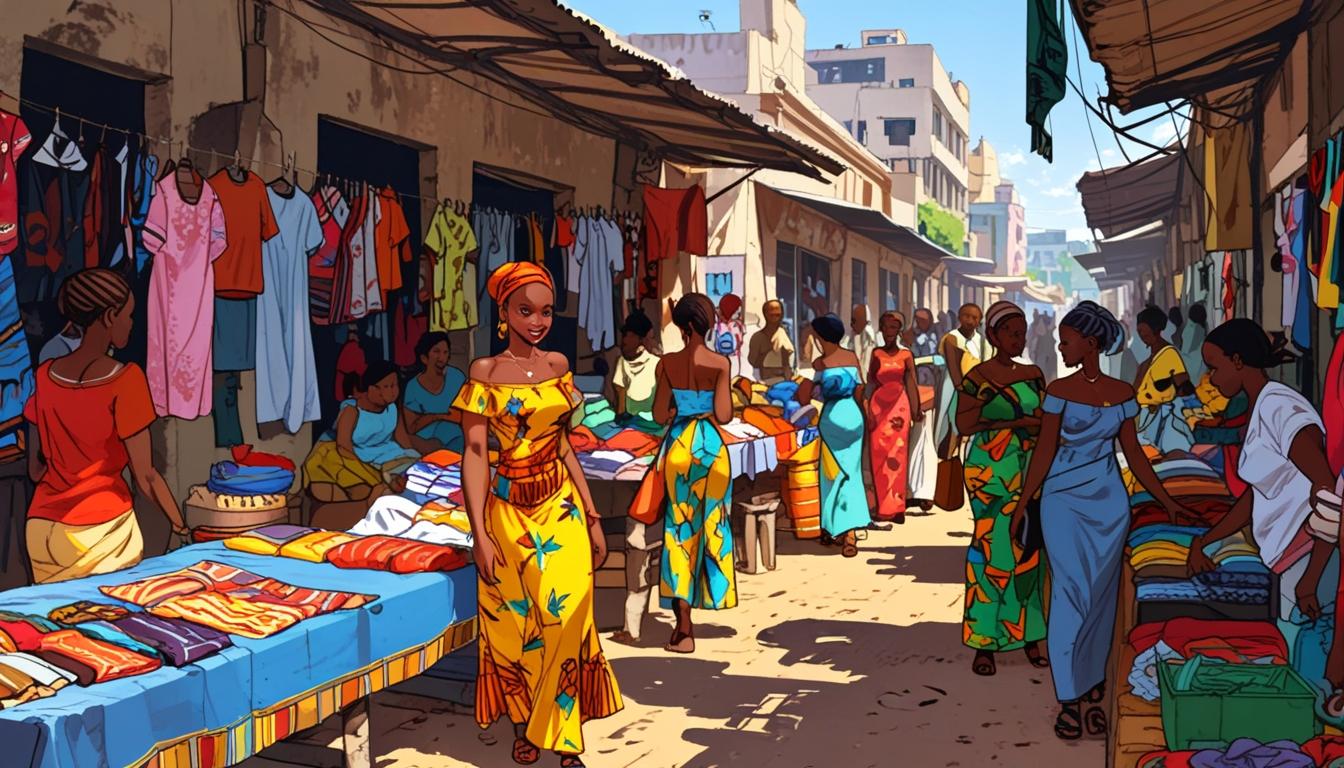A report highlights the significant impact of the second-hand clothing industry on employment and livelihoods in Mozambique amidst sustainability concerns.
A report by Consulting For Africa (CFA) and Abalon Capital Limitada, commissioned by ADPP Mozambique, highlights the significant role that the second-hand clothing (SHC) industry plays in Mozambique’s economy and the lives of its citizens. This comes amid ongoing discussions about the environmental sustainability of such trade practices.
The research indicates that the SHC sector directly provides over 200,000 jobs, supporting about 1 million livelihoods across the country, which ranks as one of the poorest globally, at 183rd out of 191 countries on the United Nations Human Development Index. On average, established vendors in this sector earn approximately $650 a month, a figure significantly higher than the national minimum wage of around $90 per month. The industry also meets the basic clothing needs of around 85% of the population and contributes approximately $35 million in taxes to the national budget, supporting essential social programs like education and healthcare.
With unemployment hovering around 25%, the report stresses that the SHC industry is a crucial pillar for employment, basic clothing access, and public revenues. Brian Mangwiro from Abalon Capital stated, “Millions of livelihoods are deeply intertwined with SHC-related trade and services, not only in Mozambique but across Africa,” emphasizing the need for informed policy discussions that consider the economic realities of the Global South while pursuing environmental sustainability.
Former Prime Minister of Mozambique, Madame Luisa Diogo, also backed the report, stating, “I warmly welcome this new report, which highlights how vital the SHC industry is for Mozambique’s economy and the well-being of our people.” She noted that the sector contributes to dignity, opportunity, and significant tax revenues, which play a critical role in sustaining essential services.
The report counters the narrative of “SHC dumping,” pointing out that local cultural practices favor clothing reuse and repurposing, reinforcing the industry’s value in Mozambican society. Moreover, the document suggests that limiting SHC trade could inadvertently favor other countries, particularly China, which is rapidly increasing its footprint in the affordable apparel market.
As discussions regarding the future of SHC imports continue, the report calls for a balanced approach to policymaking, advocating for climate change and waste management strategies that protect the SHC sector while promoting broader sustainability goals.
Source: Noah Wire Services





One Comment